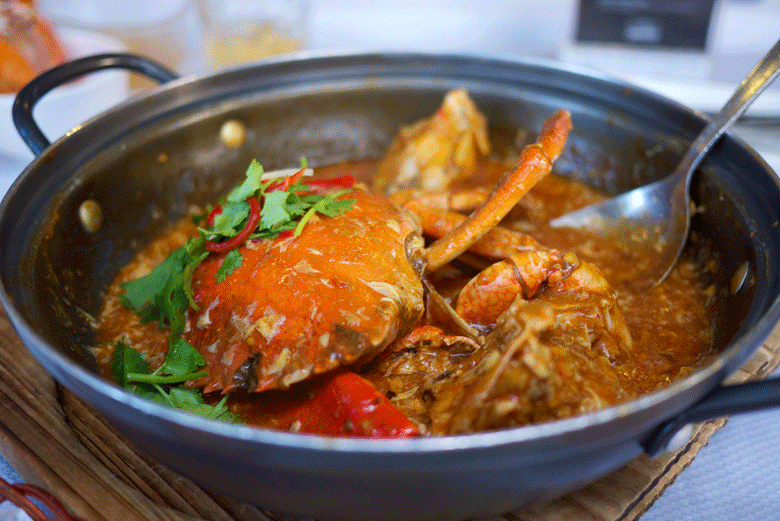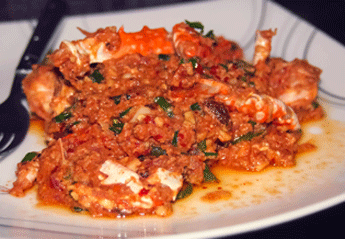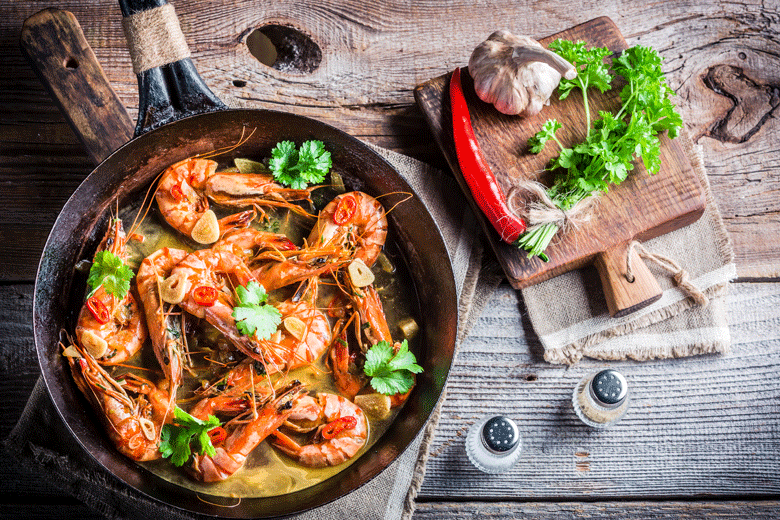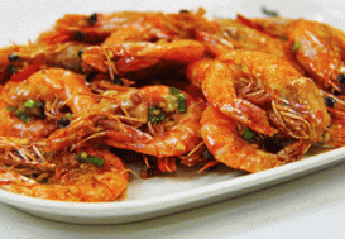[wpseo_breadcrumb]

Seafood ceviche
Author: Ceegee
Nutrition Information
- Serves: 4
- Serving size: 400g
- Calories: 156
- Fat: 3 g
- Saturated fat: 3 g
- Unsaturated fat: 0 g
- Trans fat: 0 g
- Carbohydrates: 7 g
- Sugar: 3 g
- Sodium: 785 mg
- Fiber: 1 g
- Protein: 26 g
- Cholesterol: 66 mg
Recipe type: Seafood with chillies
Cuisine: Peruvian
Prep time:
Cook time:
Total time:

In this recipe no other cooking takes place other than the reaction of the citrus juices with fish. No heat is required . In fact just the reverse is true. The colder the Ceviche, the better. Great as a starter for a seafood evening.
Ingredients
- Fresh fish - 500 grams ( any firm-fleshed fish like sole, swordfish or sea bass)
- Onion = one medium ( finely sliced)
- Garlic – two clove s( finely chopped)
- Chillies - one to two Scotch bonnets, finely chopped (see note).
- Fresh ginger – one teaspoon
- Freshly squeezed juice of one lime
- Freshly squeezed juice of three lemons
- Coriander - two tablespoons chopped
- Salt – one teaspoon
Instructions
Preparation
- Place all the ingredients (excluding the fish, coriander and onions) in a blender
- Blend for five minutes
- Pour into a jug. Add the onions
- Cover and refrigerate for two to three hours.
- Remove the skin from the fish and cut into bite-sized pieces
- Refrigerate until ready to serve ( not less than an hour).
To serve
- Remove the onions from the marinade. Place on a plate
- Place the fish in a shallow bowl. Marinate for five minutes
- Top the onions with the marinated fish.
- Sprinkle with coriander
- Serve
Notes
In Peru, Aji limo is traditionally used for this dish. If you are lucky enough to find any outside of Peru , use them instead. Use about two to three teaspoons
This recipe yields 4 portions as a starter and two as a main
Keywords: Peruvian Ceviche
Image credit James /CC BY-NC-ND 2.0 / via Flickr
This recipe yields 4 portions as a starter and two as a main
Keywords: Peruvian Ceviche
Image credit James /CC BY-NC-ND 2.0 / via Flickr





